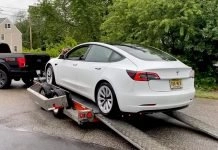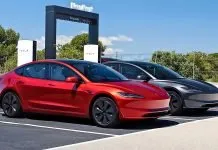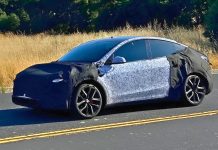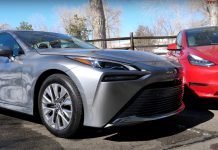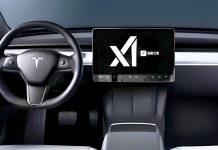According to a recent survey by CDK Global, the popular assumptions regarding the cost of electric vehicle repairs are not quite true, as research shows that today, even when the popularity of the electric vehicle has gained many followers, many of the newer EV owners still believe that their car will cost more to repair than conventional gas-powered cars. However, the statistics say otherwise.
The truth is that EVs not only cost less to run but also to repair than gas cars, according to a study conducted by CDK to survey people between December 2024 and January 2025 in its current study titled, “EV Ownership Study”. The reduced number of moving parts and decreased frequency of maintenance have resulted in EV owners saving much more money than they planned. Indeed, 53% of people who do not own a Tesla EV stated that their servicing would be cheaper than that of a gasoline vehicle. 41% of Tesla owners had the same feeling.
This change of thought usually follows a couple of visits to the service shop, as at that point the owners start getting the true picture of how much maintenance costs. Their lower charges are enticing, but there is a problem associated with them, i.e., longer servicing times.
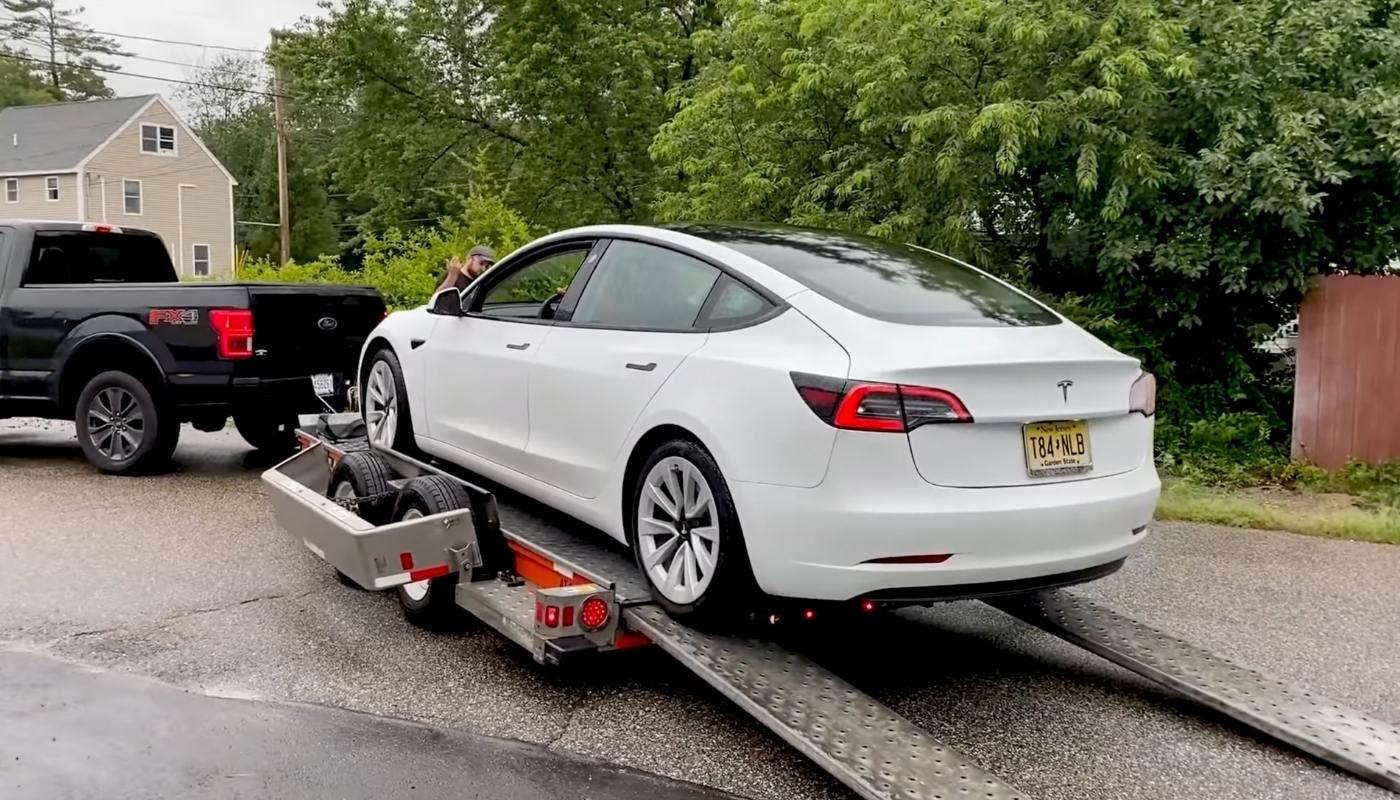
Longer Waits at the Shop
Although EVs can be more economical, it does not necessarily mean that they will be rapidly repaired. The analysis revealed that, on average, EV owners are taking longer than before to have their cars returned to them, especially proprietors of non-Tesla products. Tesla owners got delayed 23% longer, and those who do not own Tesla vehicles found their delayed times to be 34% higher.
This growing gap in turnaround times is a concern. “We know dealers are prepared for EV service, but our most recent findings show EV owners are waiting longer to have their cars serviced, and it’s taking multiple visits to have their issue resolved,” said David Thomas, director of content marketing and automotive industry analyst at CDK. “The fact that these numbers are getting worse is not a good sign, as more non-Tesla EVs are on the road than ever before.”
Owner Experience and Service Trends
Alternative service options are also being sought by more EV owners. This is compared to 14% in the year 2023 and 19% in 2024 for mobile service vans. There was also an increase in dealership car pick-up services, with 9% of the owners choosing this convenience over last year, which was 6%. Thus, the proportion of owners who went to the dealerships with their EVs decreased to 83%, down by 3%.
Besides these conveniences, the shops are taking longer with cars. On the same day in 2023, 40% of EVs were serviced and delivered back to the owners. This figure drastically decreased to only 28% in 2024. On the one hand, there was an increase in next-day returns, which rose to 29% upbeat compared with 21% in the previous year. Three-day or longer repairs also increased, which can be an indication that the service department might not be able to meet the demand.
First-Year Fixes and Future Challenges
The paper also revealed that 85% of EV buyers had to visit the service after their first year of buying the car in a big way. Nevertheless, just 13% of those visits required payment, 16% reported that the service was associated with a recall-this indicates the experience is being covered by warranties and supported by manufacturers.
Traditional Automakers have been lagging as the sales of EVs keep increasing, not only in Tesla brands. Most dealerships, operating under old-fashioned models, have to simultaneously work with both machines, hybrid cars, and EVs. This two-fold responsibility may slow down the realization of service, and complicate the fixing of the machine as technicians adjust to new systems and technologies.

